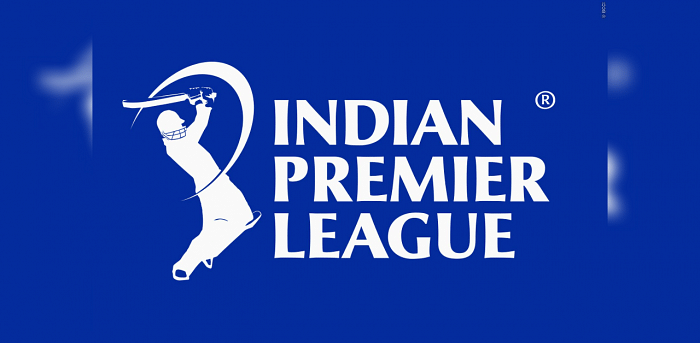
Never mind the global flavour, the Indian Premier League is, by definition, primarily an Indian enterprise. At least seven members of every playing eleven have to be Indian, no more than a third of the entire playing contingent can be constituted by international cricketers. For all the dash and chutzpah Brendon McCullum, Chris Gayle, AB de Villiers, Lasith Malinga and Kieron Pollard have brought over the years, the league thrives on the exploits of Virat Kohli and Rohit Sharma, Mahendra Singh Dhoni and Jasprit Bumrah.
David Warner and Steve Smith apart, all other captains are India internationals. Yet, when it comes to head coaches, there is a marked slant towards overseas professionals. Only one of the eight franchises boasts an Indian head coach heading into Season 13 of the tournament, beginning on Sept. 19. Even that is an improvement on last year. Which, perhaps inevitably, begs the question – are Indian coaches being given short shrift?
The simple, obvious answer would appear a resounding yes, but this isn’t exactly a simple, obvious issue.
A matter of temperament?
At the inaugural IPL in 2008, Lalchand Rajput was the head coach at Mumbai Indians, Robin Singh at Deccan Chargers. Even then, most franchises went with established non-Indian coaches. The Indian coaching pot wasn’t exactly brimming over. Despite the limited experience of franchise-based leagues, team owners believed straight-talking came more naturally to the Australians, especially, than to Indians.
Instances in the early years of the diffidence of Indians in handling delicate issues, specifically where the team needed to be put ahead of celebrated, if misfiring giants, convinced owners of the need for strong, firm figures of authority at the head of the coaching pyramid. In so many ways, the head coach of a T20 cricket franchise is like the manager of a football team. The buck stops with him, and not just in the recruitment of players and his own support staff. Given the frenetic pace of the 20-over format, he is also the principal strategist, with the captain often the executor of ideas meticulously worked out in boardrooms and from omniscient data-banks. The skipper is the boss on the field – most of the time – but invariably works from a blueprint in whose construction he might not have had the most vocal say.
As the years ticked over and India began to throw up more and more certified coaches, optimism abounded that it wouldn’t be long before Indians populated at least half the head coach positions. Yet, Anil Kumble alone will be flying the home flag this time, with Kings XI Punjab.
Hurdles for best Indian coaching talent
On the face of it, there’s an obvious dichotomy, yet there are a slew of reasons settling the Indian vs international head coach debate. Post the recommendations of the Justice Lodha Committee, that necessitated a revamp of the BCCI Constitution, conflict of interest has crossed over from the ambit of spirit to the letter of the law. Anyone in the employ of the BCCI is ineligible to be a part of the IPL. In tangible terms, that means nearly three dozen candidates – encompassing the senior men’s and women’s teams, as well as developmental sides and the National Cricket Academy – are ruled out in one fell swoop. Given that these individuals form the crème de la crème of the Indian coaching landscape, franchisees have access largely only to the ‘second rung’, and that’s said without disrespect. Between a second-choice Indian option and somebody from abroad who has coached/and or captained international sides with a high degree of success, it’s pretty much a no-contest. Consequently, Indians have had to be content with filling assistant coach slots.
Historically, India’s coaching ethos at age-group levels has revolved around stern discipline and constant spoon-feeding. As coaches progress from the junior to state and India A levels, the transition from school headmaster to mentor and benevolent helping hand hits an invisible yet almost insurmountable barrier. The Indian system hasn’t looked kindly on strong individuals unafraid to speak their mind if they feel officialdom’s ideologies and priorities are misplaced. The sense of insecurity driven into them from their formative years in coaching acts as a deterrent in their desire to go on to greater things, though there are indications that change isn’t too far away. That we are still talking of imminent change all these years later is either heartening or unfortunate, depending on how one views it.
For team owners, however, the debate between sentiment and professionalism is a non-starter. As popular as ‘atmanirbhar’ might be, emotion has no place in the cut-throat world of business, which is effectively what the tournament is to successful high-profile owners. Their resources allow them to requisition the services of the best; if that means jettisoning home comfort, they are comfortable with that option too.
(R Kaushik is a Bangalore-based cricket writer with nearly three decades of experience)
Disclaimer: The views expressed above are the author’s own. They do not necessarily reflect the views of DH.